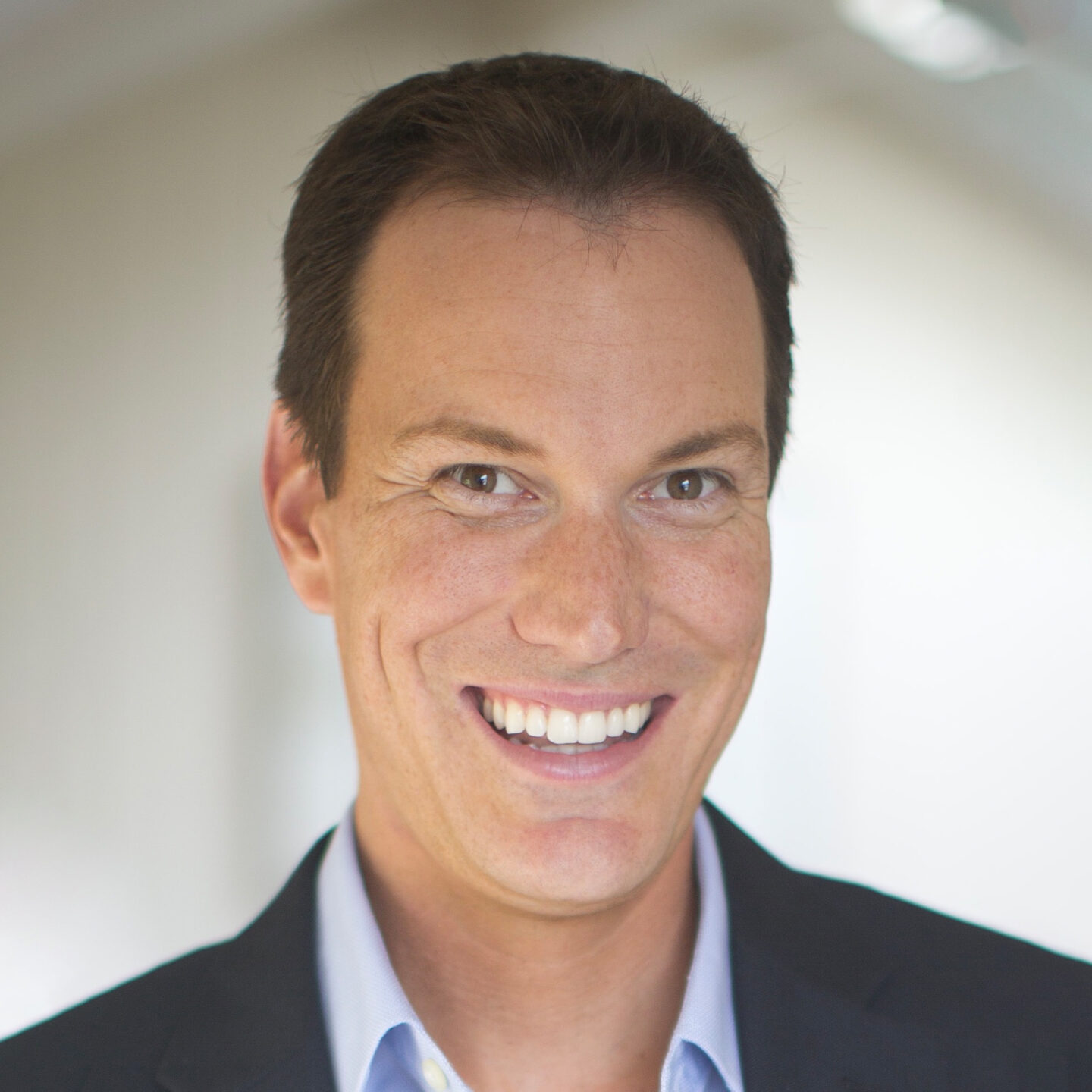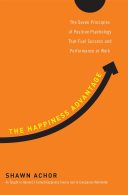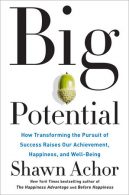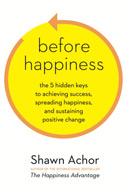How One Positive Change Can Spark A Ripple Effect Of Happiness
December 30, 2015
(Huffington Post) - It begins with you.

Harvard Researcher and Positive Psychologist Expert
Shawn Achor is the winner of over a dozen distinguished teaching awards at Harvard University, where he delivered lectures in the most popular class at Harvard. In 2009 alone, Achor was invited to lecture in 36 different countries on how positive psychology can raise happiness and performance.
Right now with hyper-competition at work and in our schools, it can feel like success is zero sum. The extreme pressure to achieve and stand out means people are working harder than ever, well-being is declining, and depression rates are skyrocketing. Shawn’s newest book BIG POTENTIAL looks at how if we pursue happiness and success individually, there’s a cap on what we can achieve. Only by pursuing happiness and success together with others can we see our Big Potential.
Common sense is not common action. This is because information does not necessarily cause transformation because we require a certain level of “activation energy” to start a change. Shawn’s research in the field of positive psychology has revealed how changes in our own brain due to mindset and behavior can have a ripple effect to a team and an entire organization. This positive ripple effect can create a more productive, positive work culture making positive change easier. Audiences will learn about the latest scientific research on mirror neurons and mental priming to explain how positivity and negativity spread, case studies on how to become a lightning rod for change, and findings on how a positive ripple effect profoundly affects an organization’s ability to transition and change.
What is more important than IQ and emotional intelligence combined? Based on the research in Before Happiness, Shawn Achor takes us to the beginning of human potential to explain why some people are able to make great changes while others remain the same. Before you can make a change at work or home, your brain first constructs a picture of reality; this mental picture already determines your likelihood of success and your ability to harness your brain’s IQ, emotional and social intelligence. In this exciting talk, Shawn takes the audience to the cutting edge of positive psychology and neuroscience to clearly demonstrate how one can become a “positive genius”: one who can continually architect successful, positive realities based upon true facts then transfer those realities to others. Using his signature humor, new case studies and interactive experiments that engage the audience, Shawn makes this research come alive. Shawn illuminates new research he did in collaboration with Yale published in the top psychology journal this year showing step by step how a leader can change their mindset about stress to increase productivity by 30% and lower health problems and fatigue by 23%. Audiences leave with five clear, practical takeaways, which can immediately start to transform their life, raising both happiness and success rates. In this program, participants will learn how to navigate multiple realities at work, cancel internal and external noise, add vantage points to planning, use success accelerants to speed goal completion and use meaning markers to spread positive genius throughout a team, family and an entire organization.
Common sense is not common action. This is because information does not necessarily cause transformation because we require a certain level of “activation energy” to start a change. Shawn’s research in the field of positive psychology has revealed how changes in our own brain due to mindset and behavior can have a ripple effect to a team and an entire organization. This positive ripple effect can create a more productive, positive work culture making positive change easier. Audiences will learn about the latest scientific research on mirror neurons and mental priming to explain how positivity and negativity spread, case studies on how to become a lightning rod for change, and findings on how a positive ripple effect profoundly affects an organization’s ability to transition and change.
Most companies and schools follow this formula: if you work harder, you will be more successful, and then you will be happy. This formula is scientifically backward. A decade of research shows that training your brain to be positive at work first actually fuels greater success second. In fact, 75% of our job success is predicted not by intelligence, but by your optimism, social support network and the ability to manage energy and stress in a positive way. By researching top performers at Harvard, the world’s largest banks, and Fortune 500 companies, Shawn discovered patterns which create a happiness advantage for positive outliers the highest performers at the company. Based on his new book, The Happiness Advantage (September 2010 from Random House), Shawn explains what positive psychology is, how much we can change, and practical applications for reaping the Happiness Advantage in the midst of change and challenge.
Shawn Achor is the bestselling author of the books The Happiness Advantage and Big Potential. He spent 12 years at Harvard, where he won over a dozen distinguished teaching awards, and delivered lectures on positive psychology in the most popular class at Harvard. Shawn graduated magna cum laude from Harvard and earned a Masters from Harvard Divinity School in Christian and Buddhist ethics.
Shawn has since become one of the world’s leading experts on the connection between happiness and success. Shawn has now worked with over a third of the Fortune 100 companies, and with places like the NFL, the Pentagon and the U.S. Treasury. To do his work, Shawn has traveled to 51 countries, speaking to farmers in Zimbabwe, CEOs in China, doctors in Dubai and schoolchildren in South Africa. In 2014, Oprah Winfrey did a two hour interview with Shawn on the science of happiness and meaning. His research on happiness made the cover of Harvard Business Review, his TED talk is one of the most popular of all time with over 24 million views, and his lecture airing on PBS has been seen by millions.
"Brilliant and timely…"




